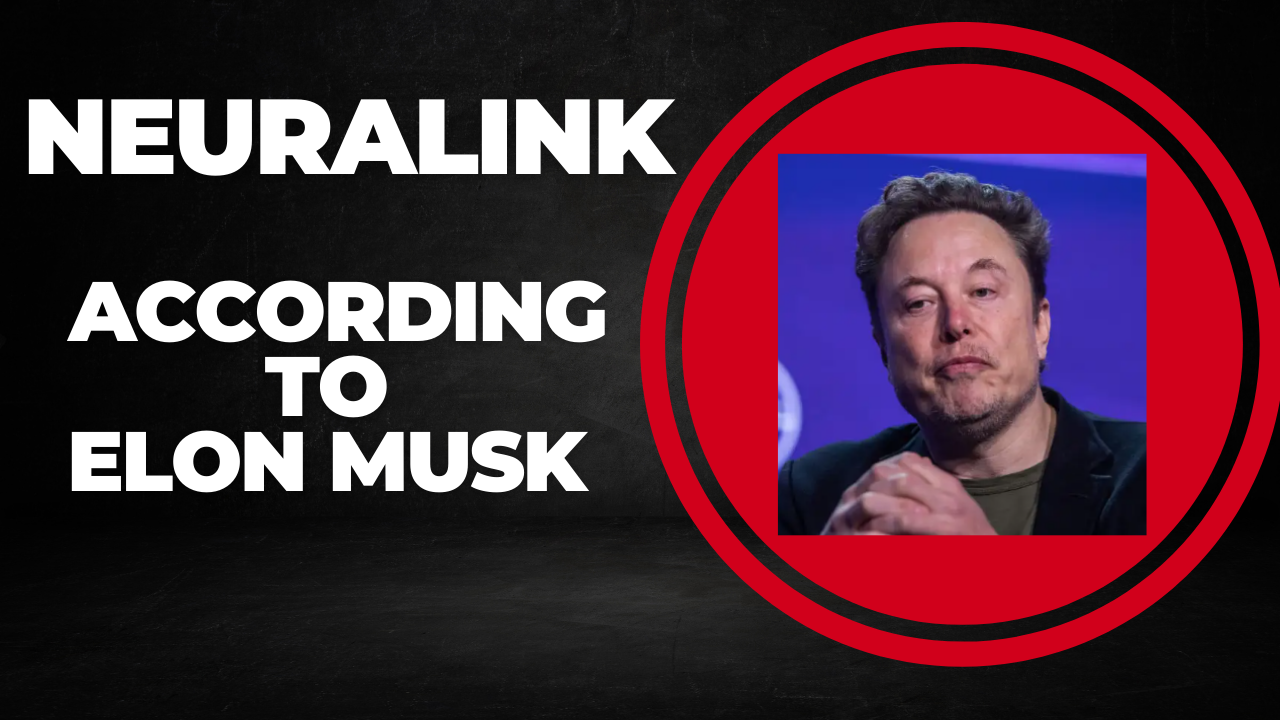Neuralink, according to Elon Musk, might enable people compete with AI. “Let’s grant everyone superpowers.”
Elon Musk’s company Neuralink has long been a focal point of both intrigue and controversy in the realm of neurotechnology. The company, founded in 2016, aims to develop brain-computer interfaces (BCIs) that could eventually merge human consciousness with artificial intelligence (AI). Musk, known for his bold ambitions and futuristic visions, recently made headlines again by suggesting that Neuralink could give humans “superpowers” to help them stay competitive with increasingly powerful AI systems.
The Threat of AI
Musk has been vocal about the potential dangers of AI for many years. He has often warned that AI, if left unchecked, could surpass human intelligence, leading to scenarios where machines dominate critical aspects of society, from economic decision-making to military operations. In his view, the rise of AI could pose an existential threat to humanity if it evolves in ways that are beyond our control or understanding.
To combat this, Musk believes that humans must find ways to enhance their cognitive abilities. One of his solutions is Neuralink, which aims to create a symbiotic relationship between humans and machines. By developing advanced BCIs, Musk envisions a future where humans can interface directly with AI, thereby enhancing their own cognitive abilities and leveling the playing field.
Neuralink’s Vision
Neuralink’s core technology involves implanting ultra-thin threads into the brain that can monitor and stimulate neuronal activity. These threads are connected to a small, coin-sized device implanted in the skull, which communicates wirelessly with external devices. The technology is designed to be minimally invasive and is being developed with the goal of treating neurological conditions such as Parkinson’s disease, epilepsy, and spinal cord injuries in its initial phases.
However, Musk’s ambitions go far beyond medical applications. He envisions a future where Neuralink could enable humans to achieve what he describes as “superhuman cognition.” This could include abilities such as telepathy, memory enhancement, and the ability to directly interface with computers and AI systems. According to Musk, such advancements could fundamentally alter the human experience, enabling people to keep pace with the rapid evolution of AI.
Bridging the AI-Human Divide
The idea of using BCIs to bridge the gap between humans and AI raises numerous ethical and philosophical questions. One major concern is the potential for inequality, as access to such technology could be limited to those who can afford it, leading to a new form of socio-economic divide. Additionally, the concept of enhancing human capabilities through technology brings up concerns about identity, agency, and what it means to be human.
Critics also worry about the potential for misuse of BCIs, particularly in terms of privacy and autonomy. The idea of having one’s thoughts monitored or manipulated by a device, even if it is intended to enhance cognitive function, is unsettling to many. There are also concerns about the long-term effects of such implants, both in terms of health and societal impact.
Despite these concerns, Musk remains optimistic about the potential of Neuralink. He argues that the technology could be a crucial tool for humanity as it grapples with the challenges posed by AI. By enhancing human cognitive abilities, Musk believes that Neuralink could help prevent a future where AI outpaces human intelligence, ensuring that people remain in control of their own destinies.
A Bold Vision for the Future
Musk’s vision for Neuralink is undeniably bold and controversial. The idea of merging human consciousness with AI is a concept that straddles the line between science fiction and reality. Yet, as with many of Musk’s ventures, what once seemed like a distant dream is now inching closer to becoming a tangible reality.
While significant technical and ethical challenges remain, Neuralink’s progress in developing BCIs represents a significant step forward in the field of neurotechnology. Whether or not it will ultimately provide the “superpowers” Musk envisions remains to be seen. However, one thing is clear: Neuralink is poised to play a crucial role in the ongoing conversation about the future of humanity in an AI-driven world.
In conclusion, Elon Musk’s Neuralink represents a fascinating and controversial attempt to address the growing power of AI by enhancing human cognitive abilities. While the promise of “superpowers” may still be far off, the technology being developed could have profound implications for the future of human-AI interaction, potentially helping to ensure that humans remain competitive in an increasingly automated world.

